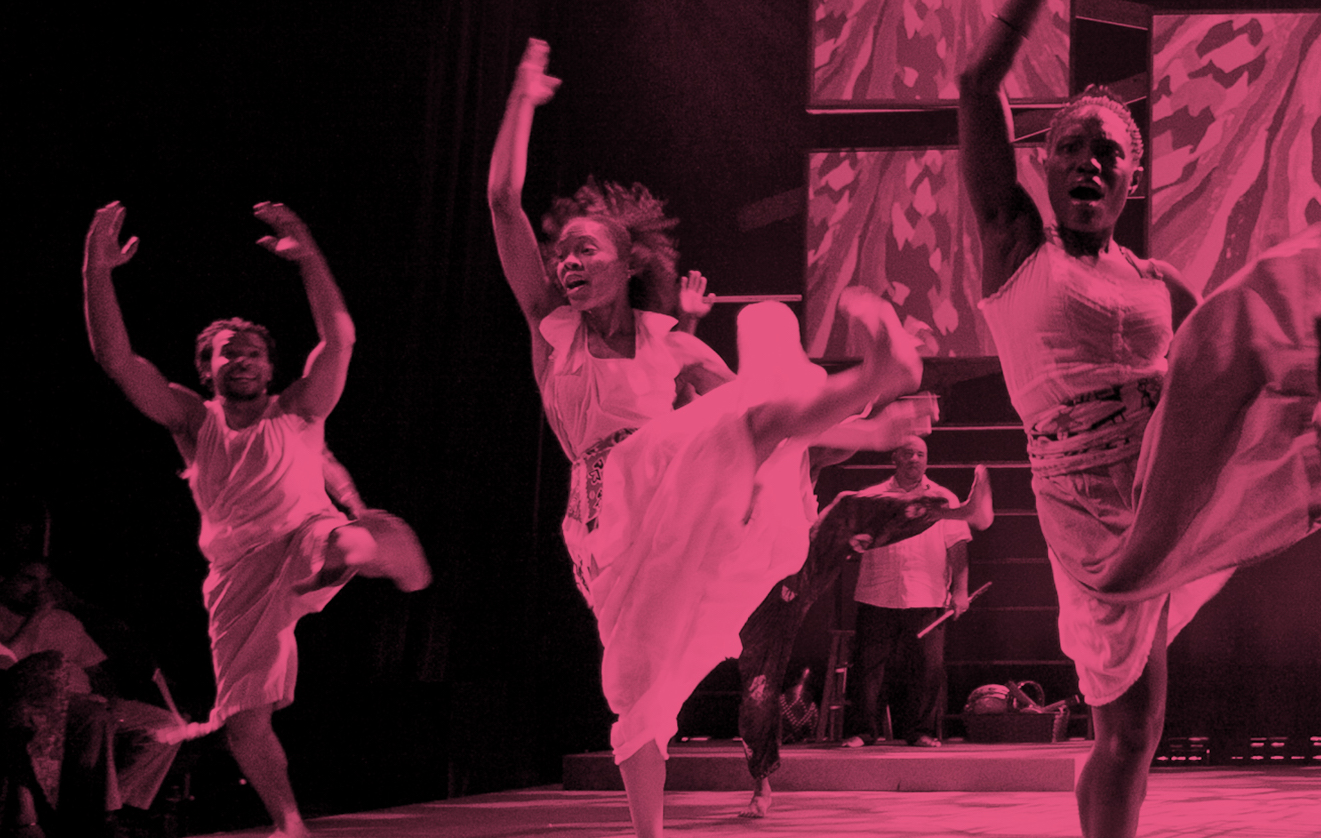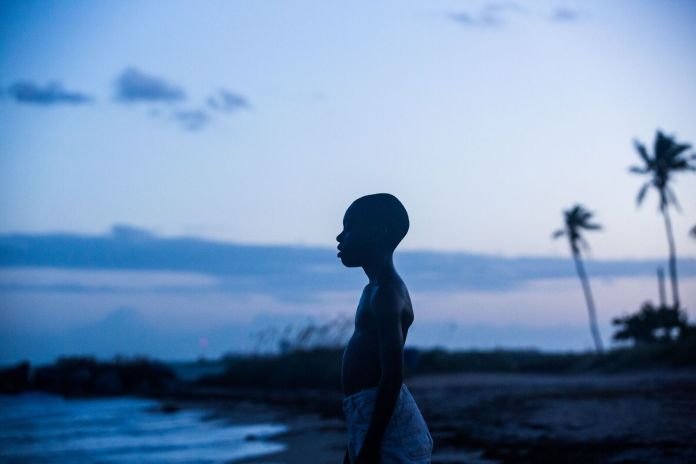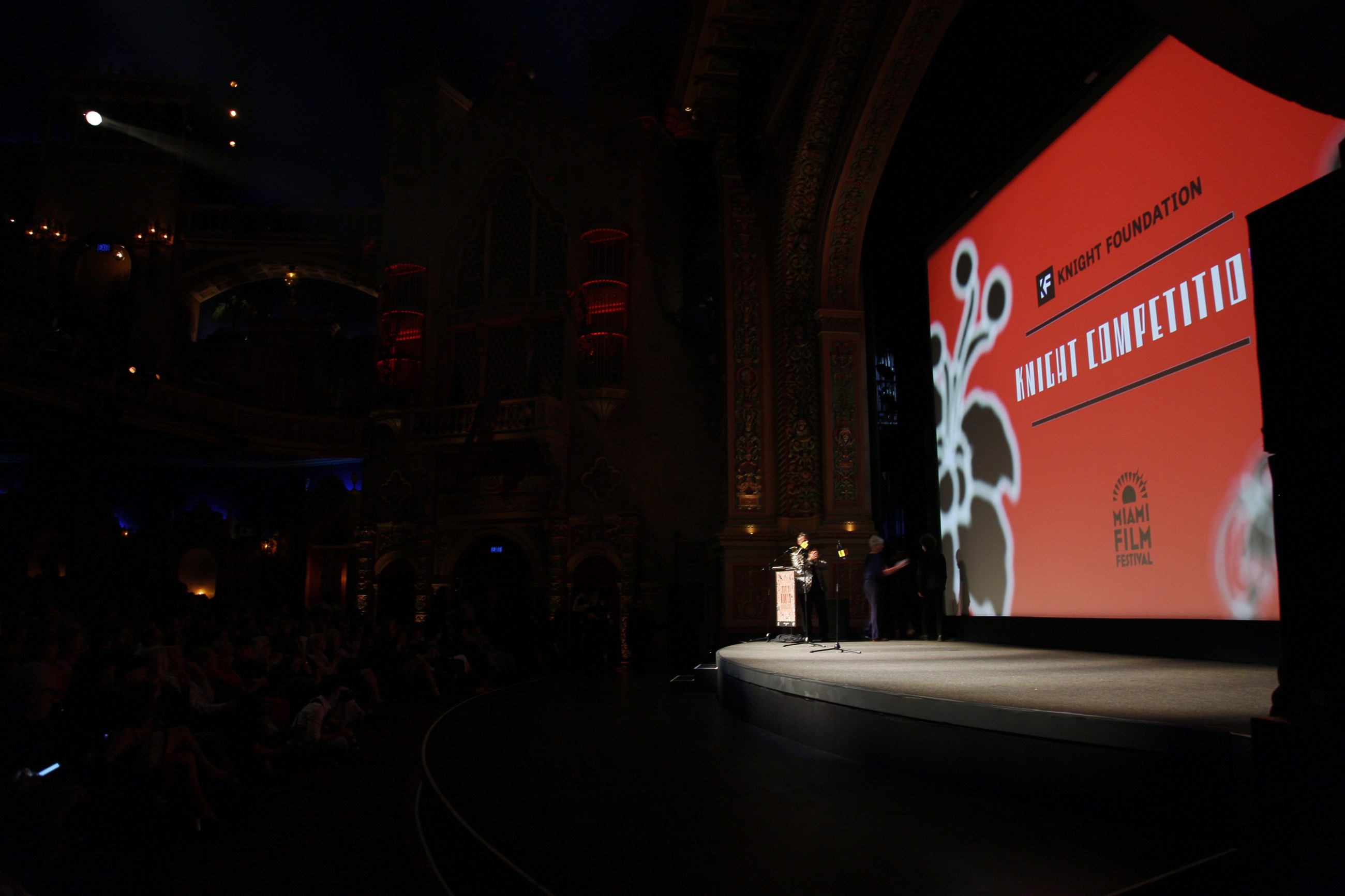
From the familiar to the fresh, Miami Film Festival celebrates diverse voices and experiences
The 34th edition of Miami Dade College’s Miami Film Festival, celebrated March 3- 12, was not only a window to the world on film but also a timely showcase for diversity and inclusion, on and off the screen.
The top awards had a distinct Latin accent as “Family Life” (“Vida de Familia”), a Chilean film directed by Cristian Jiménez and Alicia Scherson, won Best Film in the Knight Competition at the Awards Night Gala on Saturday. The award includes a $30,000 cash prize. Daniel Hendler took the prize as Best Director, which carries a $5,000 cash prize, for “The Candidate” (“El Candidato”), from Uruguay; and Lola Amores and Eduardo Martínez shared the Best Actor award, which also has a $5,000 cash prize, for their work on “Santa y Andrés,” from Cuba.
Meanwhile, the U.S.-Mexico production “Take My Nose … Please!,” which marked the filmmaking debut of 89-year-old director Joan Kron, won the Knight Documentary Achievement Award, which has a $10,000 cash prize.
These and other awards, including the HBO Ibero-American Feature Film Competition and the inaugural Zeno Mountain Award, which “celebrates the diversity of abilities and disabilities and seeks to reward the film which helps break down barriers to our understanding of people living with disabilities,” were announced at a fast-paced ceremony held at the Olympia Theater in downtown Miami. (See the complete award list here.)
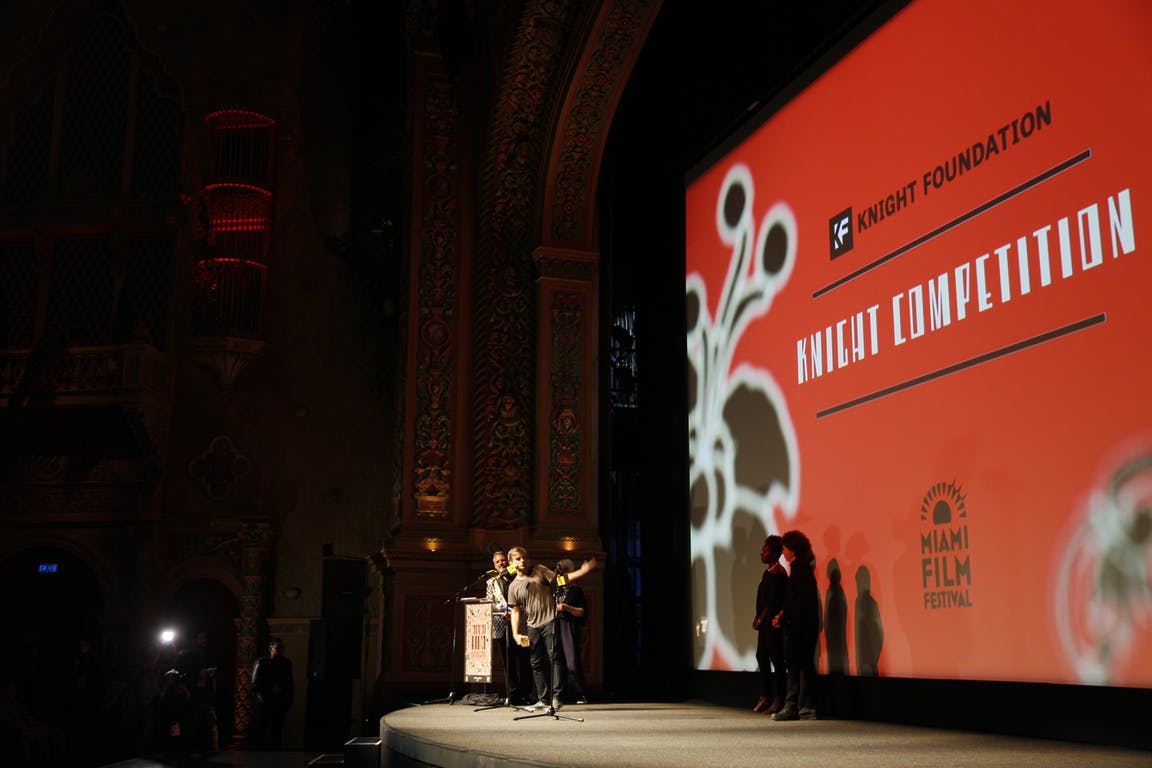
“These artists, these filmmakers, tell our stories; frequently on a deep emotional level in a way that helps us examine issues and challenges,” said Victoria Rogers, Knight Foundation vice president for the arts, introducing the Knight Competition nominees. “These artists, and the films they make, bring us together; they raise our awareness and frequently they move us to action.” Knight Foundation’s partnership with the festival began in 2006 and has continued since, she noted. It’s “part of a $3 million [investment] and [our] growing commitment to help build a film community here in Miami.”
This year, the Knight Competition, the festival’s signature award, featured 20 films from around the world. To be eligible, the film had to be directed by a filmmaker who had at least one official feature selection in a prior edition of the festival — a “loyalty clause,” festival director Jaie Laplante quipped Saturday. As it turns out, Jiménez, the director of the winning “Family Life,” had won the Grand Jury Prize and the Jordan Ressler Screenwriting Award for his film “Bonsái” at the 2012 edition of the festival.
In an interview during the week, Grainne Humphreys, veteran film programmer, director of the Dublin International Film Festival and a juror for the Knight Competition, noted this was her first time at the Miami Film Festival and offered her perspective.
“It’s better than Sundance. Sundance has got a very inflated reputation because it is an industry event, and at [their] very core, I think, cinema and festivals are about films being shown to audiences, and it strikes me this is a festival of audiences.”
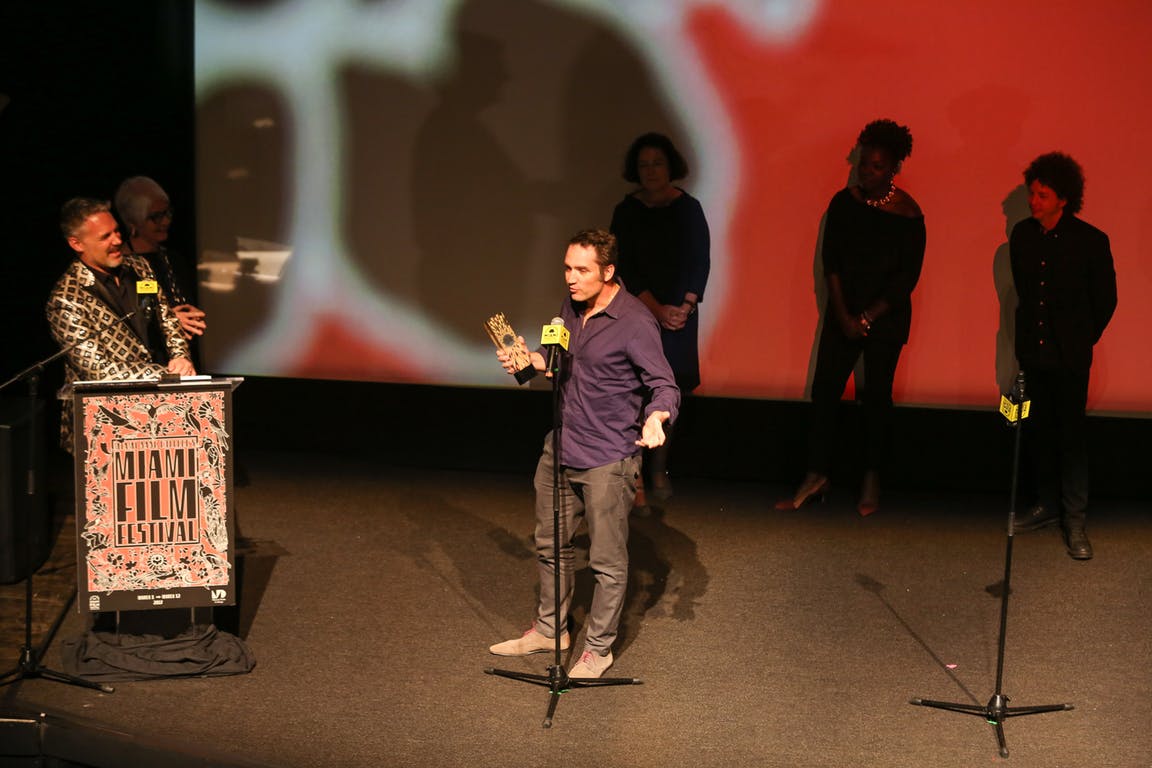
In fact, for Knight Arts Program Director Bahia Ramos, who was also a member of the Knight Competition jury, part of the festival’s success is because the programming “represents the local diaspora and … brings outstanding directors from far-flung places. So, we are not looking at the usual suspects. It exposes us, as audiences, to an experience that otherwise we would not get from our normal movie experience.”
Even Humphreys noted that she watched films from countries she had never seen before. That, she said, challenged the comfort that comes with the familiarity of “certain filmmakers’ names or certain styles of filmmaking. You become quite conservative, in a way.”
“The thing is, if I would show some of [festival director Laplante’s] selections in Dublin they would be exotic,” she said. “But showing them here in Miami it’s very interesting because they are connecting directly with an audience. It’s a festival made of the familiar and the strange, elements that you are kind of expecting and then other ones that are completely fresh. Some of the films that I’ve seen definitely have new directors, new actors, and where some of the scenarios are perhaps familiar they are taking places and cultures that I’m not familiar with, and that is exciting.”
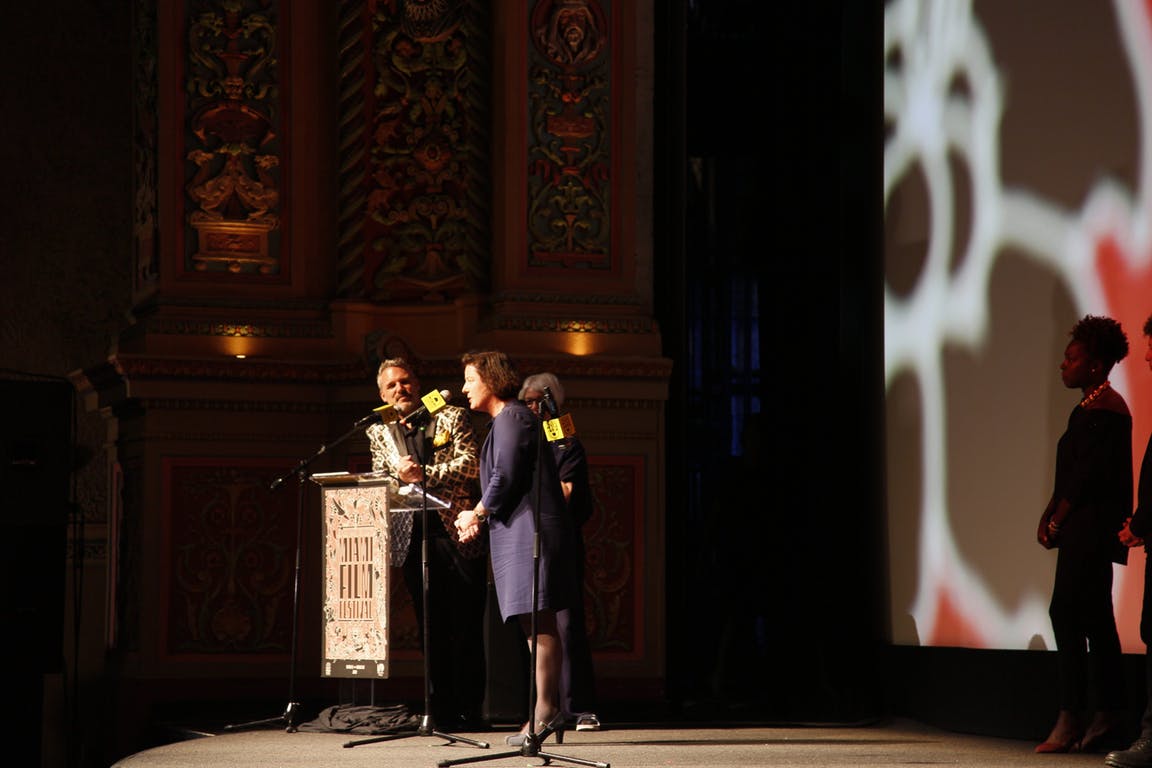
For Mexican director Michel Franco, the third member of the Knight Competition jury, the festival “neither shows just auteur’s films nor mainstream blockbusters. I believe it’s a festival that tries to escape labels, and [what it shows] is the best of what they have found while offering audiences a good mix.”
This year’s festival, which took place on eight venues across the city, offered 140 films, including features, documentaries, and short films from 41 countries, including 17 world premieres. Underscoring the event’s efforts regarding diversity and inclusion, 36 of the films were directed or co-directed by women filmmakers and this year, as noted, the event also included the first presentation of the Zeno Mountain Award.
And again, one of the highlights of the festival was the series Google Talks of Gender and Racial Gaps in Film & Tech, which, through talks, panels and Q&As, aimed at “addressing solutions for gender and racial gaps in the film industry, especially in creative, producing, criticism, and technical roles.” The Miami Film Festival, touted as “the only major film festival produced and presented worldwide by a college or university,” offers the program with the hope that it “will pave the way for women that aspire to be in an industry normally dominated by men.”
As festival programmer Kiva Reardon noted, “Now, more than ever, we need a plurality of stories onscreen.”
Fernando González is a Miami-based arts and culture writer. He can be reached via email at [email protected].
-
Arts / Article
-
Arts / Article
-
Arts / Article
Recent Content
-
Artsarticle ·
-
Artsarticle ·
-
Artsarticle ·
